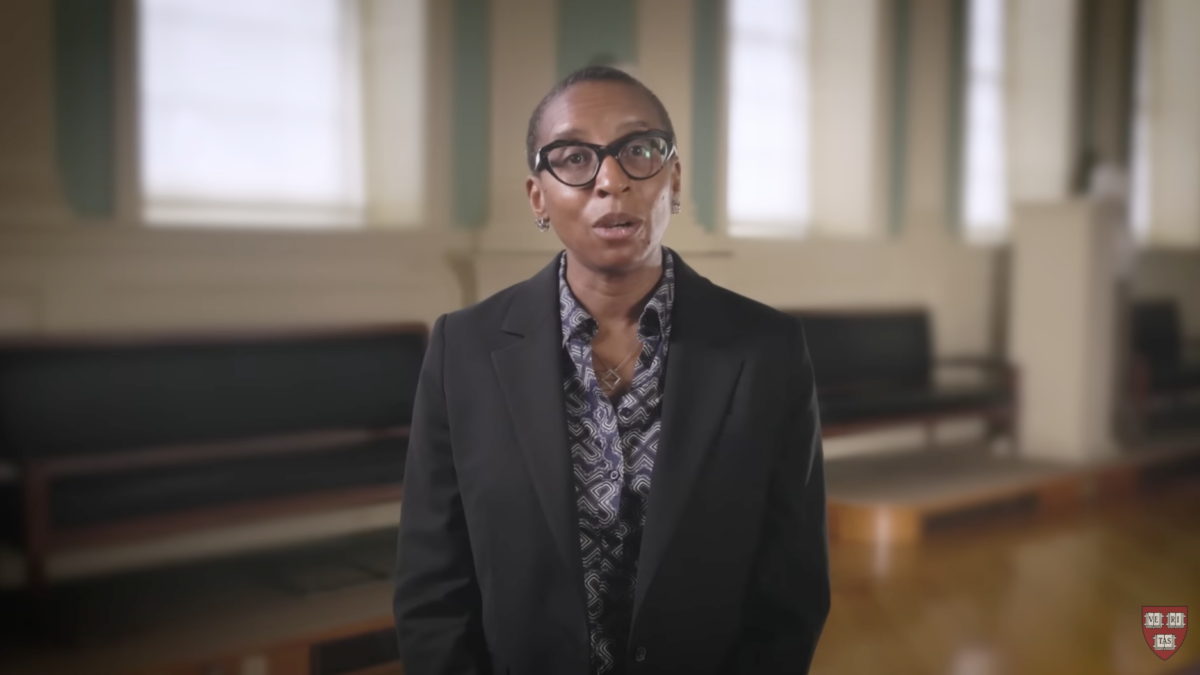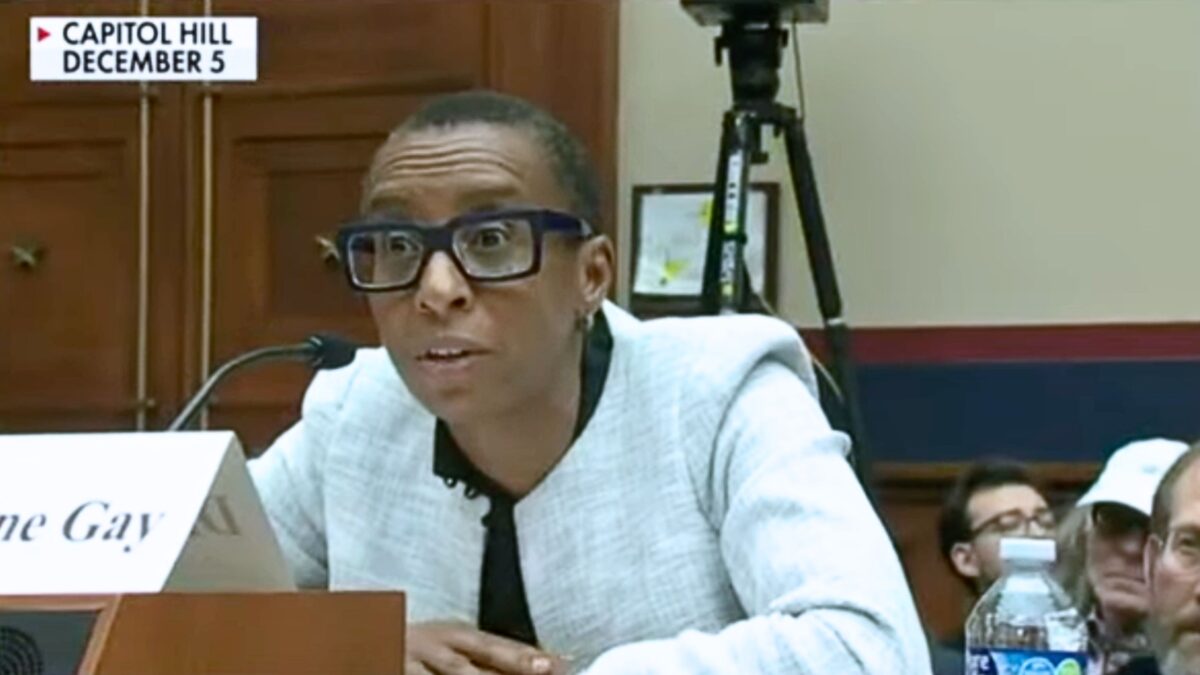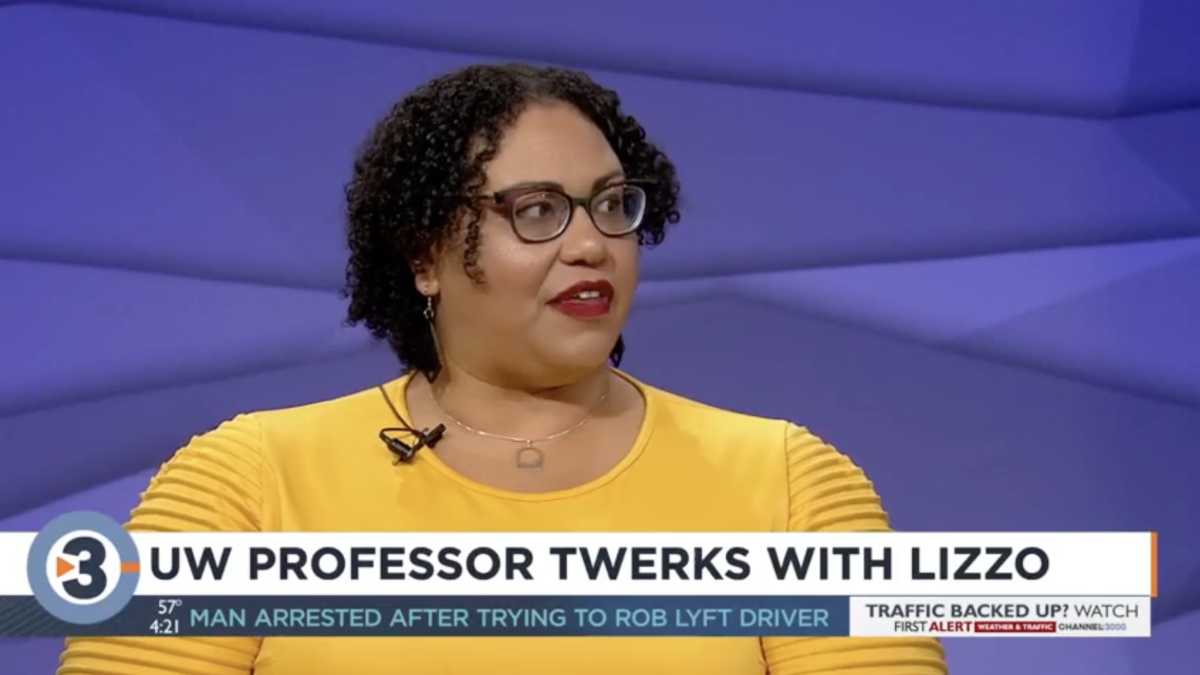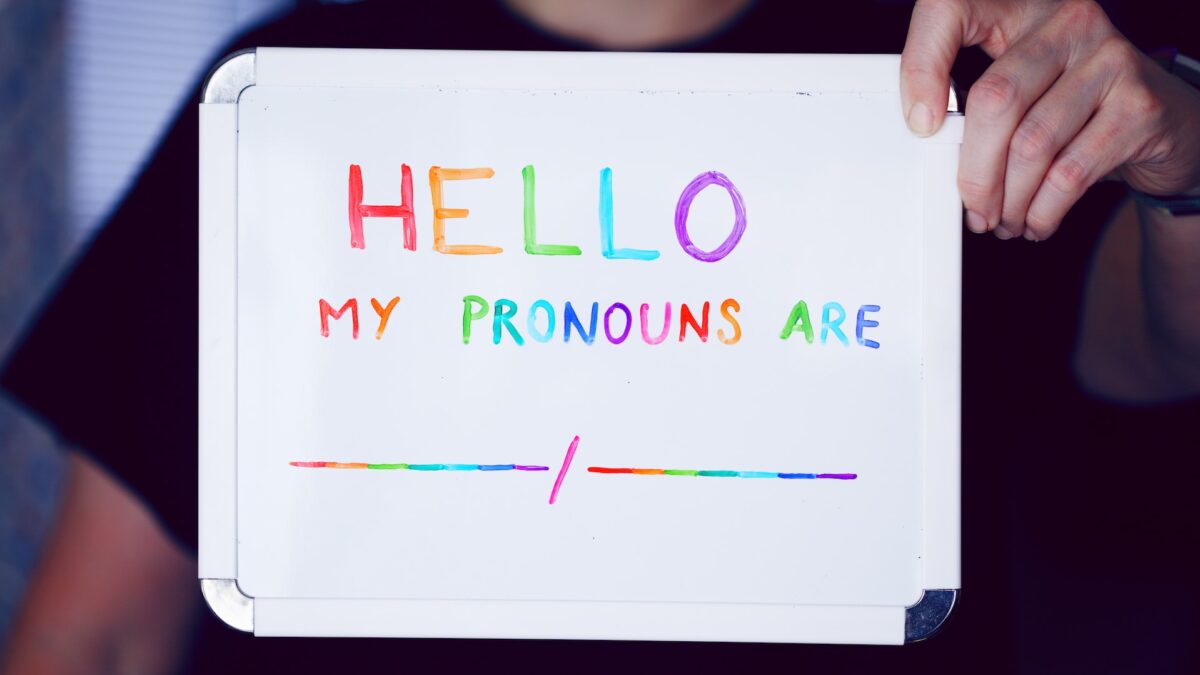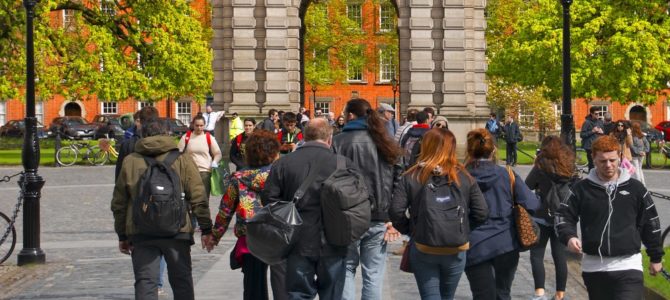
Over the past year, the National Association of Scholars has tracked 172 incidents of “cancel culture” involving leftist shaming of conservatives on campus. Make that 173.
Three weeks ago, one of my students, “John,” reached out to me. He was unable to register for fall classes, having been flagged as a “student of concern” by our director of conduct and academic integrity. Apparently there was a problem with some of John’s posts on social media. The director wanted to meet with John before the freeze on John’s account could be released. That was all John could find out.
I immediately opened John’s public social media account, to see what could have caused the fuss. Were his posts obscene? Did they advocate criminal activity? Not at all.
It turns out John is fond of sharing conservative memes, some of them groaners. For example: “If Conservatives trust God, why do they need so many guns? Because they don’t trust Democrats.” John also voiced support for a rare coin store that refused to serve “any Chinese Communist MoFo.” (The store owner explained he opposes human rights violations in China, not Asians generally.)
Naturally, these posts triggered comments, which John was happy to engage. One of the most vocal commenters was “Jane.” Jane’s profile proudly identified her as “BLM,” and helpfully included the pronouns “she/her.”
John did not know Jane personally, and she was not one of his friends on social media. It is unclear how Jane learned of John’s posts. Regardless, during the online discussion Jane warned John he could face “repercussions at school/work” for his posts. Jane also “tagged” the social media account of my university.
And then John received the letter from our director.
I offered to attend the meeting with John and the director. John’s parents attended as well, driving more than three hours one way. They were extremely concerned about John’s inability to register, along with the vaguely ominous letter from the university.
When we arrived, the director explained that the registration hold was just a tool to get John’s attention, so they could “have a conversation.” The director explained there was a complaint to the university president (presumably by Jane, although this was not confirmed), and that the university had to investigate as part of its “due diligence.”
The director stated John’s post regarding the coin store and his posts supporting the Second Amendment could be “perceived” as discriminating based on national origin and advocating violence. The director mentioned the rise in violence against Asian-Americans as well as the 2007 Virginia Tech shooting, with the implication that John’s posts somehow aligned him with murderers. The director acknowledged that John has free speech, but stated free speech has “consequences.”
John attempted to defend his social media posts, stating that he was only advocating Second Amendment rights, not violence, and that he was only criticizing Communists, not Chinese people generally. But the director was not interested in that particular conversation. Dismissing John’s explanations, the director stated the “issue is perception,” including the perception of “adjudicating bodies” at our university.
Let’s just say it was fortunate that the director had asked all of us to wear masks, because my expressions were not appropriate for a university instructor. John’s memes on social media were standard right-wing fare, if somewhat juvenile. Any reasonable person would have looked at his posts and dismissed Jane’s complaint outright. Instead, John was forced to attend a “non-disciplinary conversation,” where his legitimate political views, not to mention his free speech rights, were treated with disdain.
To clarify the point of this exercise, I asked the director what would happen if someone complained about John again. The director’s response was ominously, and by now characteristically, vague. He said he “could not speculate,” but that the “second conversation” would look different from this “first conversation.” Nonetheless, the director was kind enough to release the hold on John’s account, so John could finally register.
After our meeting, I referred John to the Foundation for Individual Rights in Education (FIRE). FIRE’s mission is to “defend and sustain the individual rights of students and faculty members at America’s colleges and universities.” One of the FIRE attorneys responded immediately. The attorney agreed that John had engaged in protected speech and that the so-called non-disciplinary conversation was intended to chill free speech rights on campus.
Within three days of John’s meeting with the director, FIRE sent a letter to our university president explaining the university had violated the First Amendment. The Supreme Court has repeatedly held that the protected status of speech does not depend on whether it is offensive to others. See, for example, Snyder v. Phelps, 562 U.S. 433 (2011). FIRE provided many examples of horrendously hateful speech, far more offensive than John’s social media posts, that were nonetheless deemed protected under the First Amendment.
Whether John provoked one or a thousand BLM complaints, the First Amendment protects his right to speak his mind. This principle applies with particular force to universities, which are supposed to be forums for open debate. See, for example, Papish v. Bd. of Curators of the Univ. of Mo., 410 U.S. 667 (1973).
Furthermore, it makes no difference that the university called the meeting with John “non-disciplinary,” for the First Amendment prohibits more than just official sanctions. Unless John was making true threats of violence—and he was not—the university had no right to engage in any action that would have a chilling effect on his speech. See, Speech First, Inc. v. Fenves, No. 19-50529, 2020 U.S. App. LEXIS 34087 (5th Cir. Oct. 28, 2020). Being forced into a meeting, on threat of not being allowed to register for classes, would cause any student to think twice before posting controversial material.
I consider John’s case to have had a happy ending. With the help of FIRE, along with other concerned faculty, I do not believe John will have further trouble with my university. Nonetheless, using university complaint mechanisms to persecute conservative students appears to be a common tactic of BLM and other activist groups. If you are a student, the parent of a student, or work with students, please watch for this phenomenon, and don’t stay silent.
Perhaps John’s courage will protect other students from attempted cancellation in the future. In the meantime, meme on!


